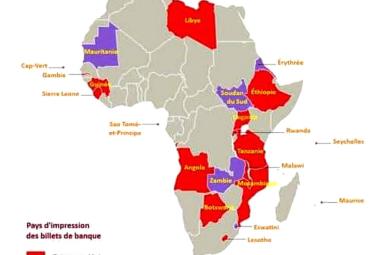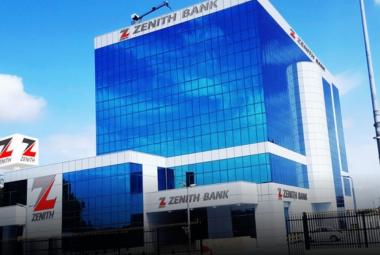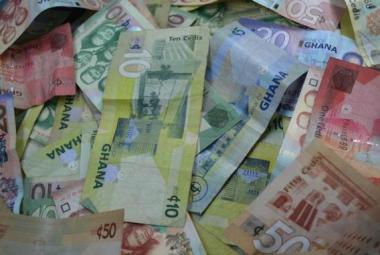The Public Treasury of Niger, like those of the other Member States of the West African Economic and Monetary Union (UEMOA), participates in the animation of the Regional Financial Market of the WAMU through regular interventions in good and Treasury bonds.
The General Directorate of the Treasury and Public Accounting has brought to the attention of the national opinion, clarifications on "misleading publications which have no other objective than to tarnish the brand image and the quality of signature of our country''.
For about ten years of existence of UMOA-Titres, Niger has always been able to conduct a policy of prudent indebtedness, as evidenced by the last statistical bulletin published in April by this structure in charge of supporting the States in the mobilization of resources on the Regional Financial Market.
Indeed, the list of public securities issued by auction in existence as of April 30, 2023 shows that Niger has the lowest outstanding market debt in WAEMU apart from Guinea Bissau.
By way of illustration, Niger's outstanding market debt stood at CFAF 1,111.9 billion on that date, compared to CFAF 1,270.4 billion for Benin, CFAF 1,479.3 billion for Burkina Faso, 1,610.8 billion FCFA for Mali, 1,649.6 billion FCFA for Togo, 2,395.0 billion FCFA for Senegal, and 2,989.0 billion for Côte d'Ivoire.
Better still, Niger has the lowest debt ratio (outstanding debt in relation to GDP) in WAEMU. Indeed, according to the latest figures published in World Economic Outlook for April 2023 by the International Monetary Fund (IMF), Niger's outstanding public debt (domestic and external) stood at 4,839 at the end of 2022, 2 billion FCFA (51.1% of GDP) against 5,677.7 billion FCFA (52.4% of GDP) for Benin, 6,309.6 billion FCFA (53.6% of GDP) for Mali, 6,614 4 billion FCFA (54.3% of GDP) for Burkina Faso, 24,789.3 billion FCFA (56.8% of GDP) for Côte d'Ivoire, 3,461.2 billion FCFA (68.0% of GDP) for Togo, 12,814.4 billion FCFA (75.0% of GDP) for Senegal and 843.8 billion FCFA (79.5% of GDP) for Guinea Bissau.
Despite the tightening of international financial conditions since the end of the crisis linked to the Covid-19 pandemic and the start of the Russo-Ukrainian war, our country has maintained its rating of moderate risk of over-indebtedness at the end of the analysis of the sustainability of its public debt carried out regularly by the IMF and the World Bank Group. This performance is the result of the Government's pursuit of a prudent debt policy based on priority recourse to concessional loans.
Niger is also demonstrating great transparency in its debt management with the publication on the Ministry of Finance website of complete information (outstandings, service, new commitments mobilized and their characteristics, portfolio costs and risks, etc.) on public debt and its Medium-Term Debt Strategy (MTDS), in accordance with international best practices.
Posts have been circulating on social media reporting borrowing every month to pay salaries and repay other loans and as a result, the state of Niger would be crumbling under the weight of debt.
Source: https://tamtaminfo.com
Tamtaminfo.com (NIGER)




















